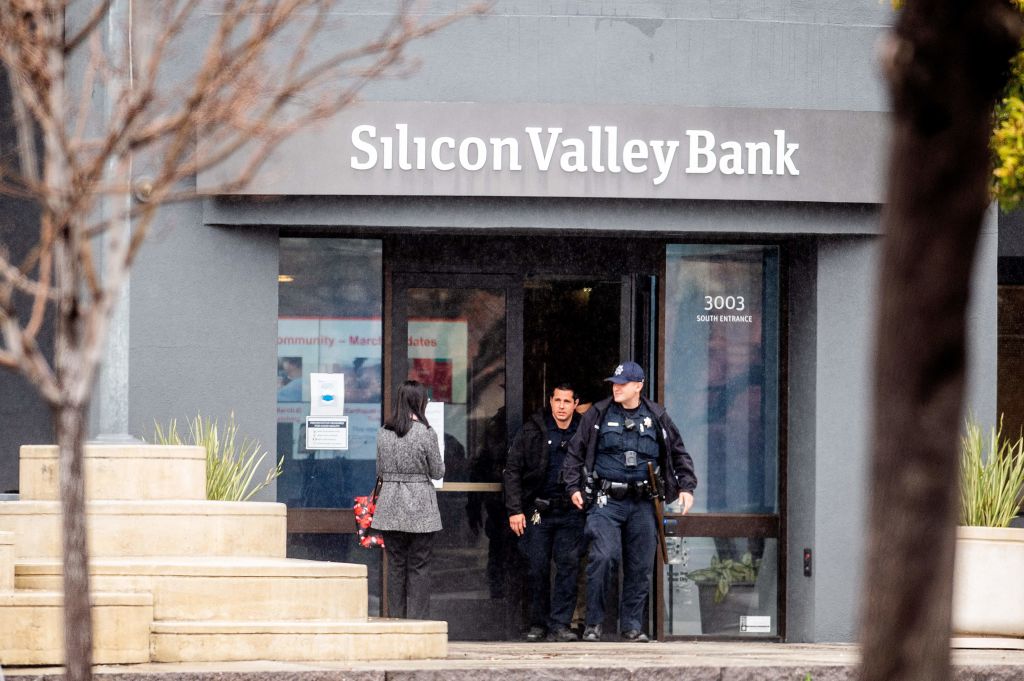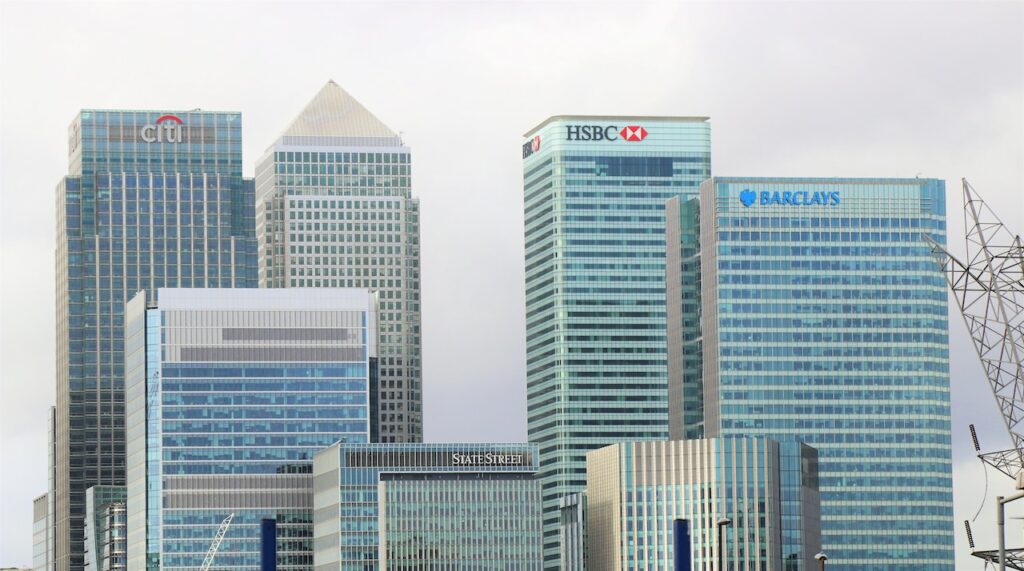You probably heard of the latest financial scandal in the US. Last Friday, the 10th of March, the bankruptcy of two North American banks was declared: Silicon Valley Bank (SVB), which focused on technology startups, and Signature Bank, which specialized in providing banking services to law firms.
Shortly thereafter, federal authorities announced measures to contain the consequences of the financial crisis generated by the collapse of institutions. The financial market was apprehensive about the repercussions, fearing consequences similar to those of the banking crisis experienced by the United States in 2008, which had major impacts on the world economy. The market’s main fear after a bank fails is that the population will ask for the redemption of resources allocated in other banks, creating a liquidity problem for the sector, according to André Meirelles, director of allocation and distribution at InvestSmart XP. “Banks work by lending money from third parties. To explain better, if the entire population needs to withdraw their savings simultaneously, the available cash will not be enough to fulfill the redemptions. This happening in a macro way would mean a systemic break, which has negative implications for the entire economy.”
In order to prevent this from happening, the Fed [the Federal Reserve, the equivalent of the Central Bank in the United States] launched a line of financing that insures the bank’s depositors. One of the main reasons for Silicon Valley’s lack of liquidity was rising interest rates in the United States. A considerable part of the bank’s assets were allocated in US Treasury bonds or in participation in the startups they financed, both with negative revisions in their equity value with the recent increase in interest rates”, clarifies the expert. He adds that, if inflation data come in above market expectations, the Fed may be pressured to raise interest rates even further. This determination would go against the liquidity of the banking sector.

What this means for Israelis and Jews abroad
It’s important to note that the bankruptcy of SVB, like any bankruptcy, would have significant consequences for its shareholders, clients, and employees. Many Jews who were invested in SVB are clearly facing difficult times as many people could not withdraw their money before its bankruptcy.
Moreover, SVB has been involved in supporting Jewish organizations and causes in the past, and its bankruptcy could potentially impact those organizations.
Overall, the bankruptcy of SVB would likely have a significant impact on the broader business community and the technology sector, but the specific impact on the American Jewish community would depend on the extent of its involvement with the bank.
Investors, both Jews and non-Jews can learn several lessons from the SVB scandal, including:
- Conduct proper due diligence: Investors should always conduct proper due diligence on any financial institution they plan to invest in. This includes reviewing the bank’s financial statements, assessing its risk management practices, and analyzing its track record.
- Pay attention to red flags: Investors should pay attention to any red flags or warning signs that may indicate a problem with a financial institution. For example, if a bank has a history of regulatory violations or if its financial statements are unclear or incomplete, investors should proceed with caution.
- Diversify investments: Investors should avoid putting all their eggs in one basket and diversify their investments across multiple financial institutions. This reduces the risk of losing money due to a single institution’s failure.
- Keep a long-term perspective: Investors should keep a long-term perspective when investing in financial institutions.
Israel remains a strong place for investment for Jews throughout the world
Israel has been recognized as a very good investment place for several reasons:
- Thriving innovation ecosystem: Israel is widely recognized as one of the world’s most innovative countries, with a thriving startup ecosystem and a significant number of high-tech companies. Israel ranks highly in global innovation indices, and the country has produced many successful technology startups, including Waze, Mobileye, and Check Point.
- Strong support for entrepreneurship: The Israeli government has been very supportive of entrepreneurship and innovation, providing incentives and funding to help startups grow and succeed. For example, the government offers tax benefits for investors in startups and has established various funding programs, including the Israel Innovation Authority, which provides grants and loans to startups.
- Skilled workforce: Israel has a highly educated and skilled workforce, with a strong focus on science and technology. The country has a high percentage of workers with advanced degrees, and many of them are employed in the high-tech sector.
- Strategic location: Israel is located at the crossroads of Europe, Asia, and Africa, making it an attractive location for international businesses. The country also has a well-developed infrastructure, including modern airports and ports, making it easy to transport goods and people.
- Political and economic stability: Despite being in a volatile region, Israel has a stable democracy and a well-functioning market economy. The country has a low debt-to-GDP ratio, low inflation, and a strong currency.
Overall, these factors make Israel a very attractive place for investment, particularly in the high-tech sector. Many investors see Israel as a hub of innovation and entrepreneurship, with significant potential for growth and profit.

Concluding remarks
In conclusion, Israel offers a unique combination of factors that make it an attractive destination for investment, innovation, and even immigration for Jews around the world. With a thriving high-tech ecosystem, strong support for entrepreneurship, a highly skilled workforce, strategic location, and political and economic stability, Israel has become a beacon for those seeking to invest, create, and live in a dynamic and innovative society. As such, it is not surprising that many Jews have chosen to move to Israel and contribute to the country’s growth and success. Ultimately, Israel’s vibrancy and energy make it a compelling place for anyone seeking to make a difference and be part of something special.
Olim Paveway is here to help you settle in a much smoother way!
Get in touch with us today.




